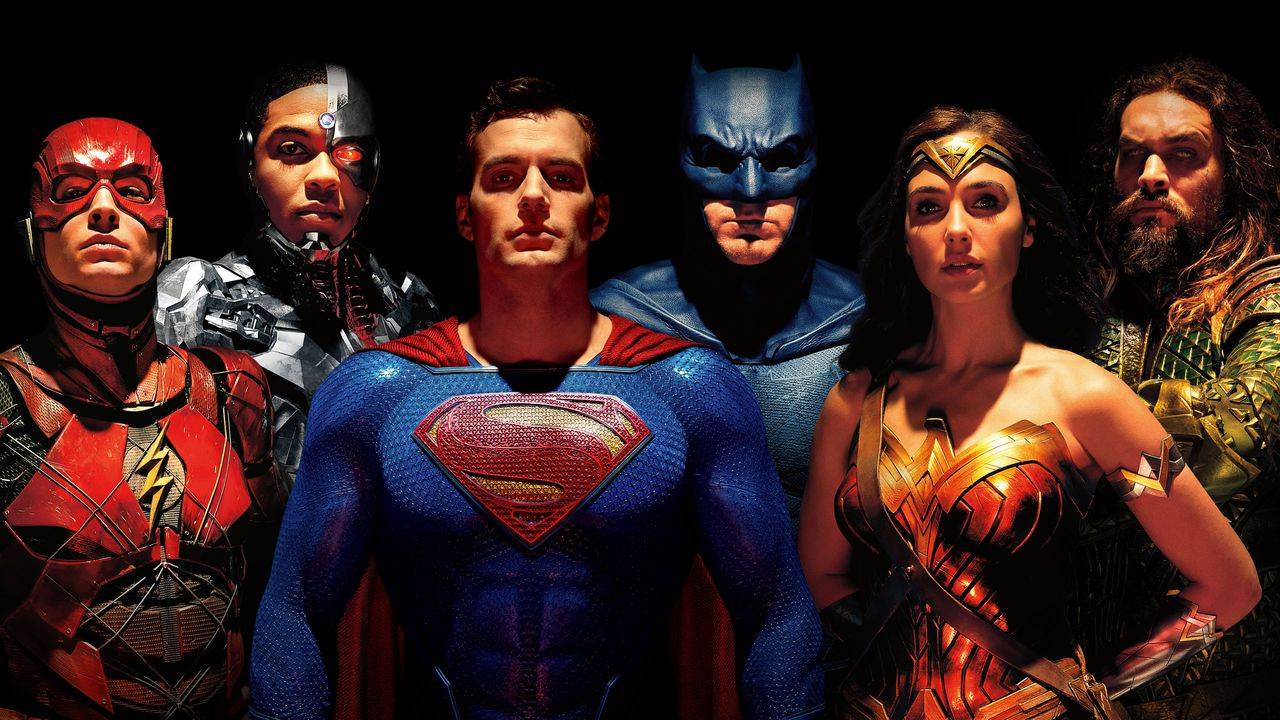MENU
Starting a Business
- Best Small Business Loans
- Best Business Internet Service
- Best Online Payroll Service
- Best Business Phone Systems
Our Top Picks
- OnPay Payroll Review
- ADP Payroll Review
- Ooma Office Review
- RingCentral Review
Our In-Depth Reviews
Finance
- Best Accounting Software
- Best Merchant Services Providers
- Best Credit Card Processors
- Best Mobile Credit Card Processors
Our Top Picks
- Clover Review
- Merchant One Review
- QuickBooks Online Review
- Xero Accounting Review
Our In-Depth Reviews
- Accounting
- Finances
- Financial Solutions
- Funding
Explore More
Human Resources
- Best Human Resources Outsourcing Services
- Best Time and Attendance Software
- Best PEO Services
- Best Business Employee Retirement Plans
Our Top Picks
- Bambee Review
- Rippling HR Software Review
- TriNet Review
- Gusto Payroll Review
Our In-Depth Reviews
- Employees
- HR Solutions
- Hiring
- Managing
Explore More
Marketing and Sales
- Best Text Message Marketing Services
- Best CRM Software
- Best Email Marketing Services
- Best Website Builders
Our Top Picks
- Textedly Review
- Salesforce Review
- EZ Texting Review
- Textline Review
Our In-Depth Reviews
Technology
- Best GPS Fleet Management Software
- Best POS Systems
- Best Employee Monitoring Software
- Best Document Management Software
Our Top Picks
- Verizon Connect Fleet GPS Review
- Zoom Review
- Samsara Review
- Zoho CRM Review
Our In-Depth Reviews
Business Basics
- 4 Simple Steps to Valuing Your Small Business
- How to Write a Business Growth Plan
- 12 Business Skills You Need to Master
- How to Start a One-Person Business
Our Top Picks
New DC Studios CEO’s Bold Strategy: Destroy the Universe
Table of Contents

When filmmaker James Gunn, who directed Marvel’s Guardians of the Galaxy series, was named co-CEO of DC Studios (along with producer Peter Safran), it was clear that he had a bumpy transition ahead of him.
For an entire decade, DC’s mainline films — including Batman v Superman, Suicide Squad, and Justice League — have divided fans and critics with out-of-character creative decisions (such as Superman breaking a villain’s neck), a lack of cohesive vision (Justice League had two versions from two directors), and controversial behavior from talent. A near-finished movie, Batgirl, was recently canceled. Audiences had no idea whether stars Ben Affleck and Henry Cavill would return.
The Marvel Cinematic Universe has grossed $942 million per film on average versus DC’s $565 million per film, and they’ve produced triple the titles. DC’s most recent film Black Adam lost millions despite starring Dwayne Johnson. Aside from the resounding critical and commercial success of 2017’s Wonder Woman, multiple misfires have plagued DC’s franchise. (Joaquin Phoenix won an Oscar for Joker, which made over $1 billion on a $55 million budget, but that was a totally separate canon.)
We’re still waiting to hear Gunn’s new creative roadmap, but he’s already making big moves to turn around the fate of an iconic superhero brand — and it’s a playbook worth studying for any troubled company.
Write a new origin story
Gunn’s first decision was his most difficult: wiping the entire slate clean and starting from scratch, which meant firing Cavill and rejecting a script from Wonder Woman director Patty Jenkins. Fans were heartbroken, but sometimes you do have to throw the baby (from a distant planet) out with the (kryptonite) bathwater.
The DC Extended Universe wasn’t a total commercial failure — Aquaman grossed over $1.1 billion. However, the movies just weren’t the success that Warner Bros. was anticipating, and their production hells never ceased. The only way to save this superhero universe was to destroy it.
Gunn’s top priority is to restore DC’s cinematic prestige, which peaked with Christopher Nolan’s Dark Knight films. Since the current line of actors playing these superheroes will forever be associated with a mixed bag, rebooting is the best play. In business, sometimes it’s better to build a new foundation than attempt to repair a faulty one.
Keep your super-friends in the loop
Cavill’s exit was especially messy — he’d just suited up for a cameo in Black Adam, announcing his big return on Instagram — only for Gunn to immediately scrap any plans going forward. The new creative heads felt a younger Superman was the best option to lead their rebooted universe.
Gunn met with Cavill in person to break the news and discuss the possibility of the actor playing a different DC character in the future. They had a similar meeting with Johnson about not going forward with Black Adam 2.
This was the best way for Gunn to mitigate hurt feelings. In the end, both actors wished Gunn good luck with his new vision for DC.
Be as transparent as Wonder Woman’s Invisible Plane
Rumors and speculation take a life of their own on social media. In his short tenure, Gunn has used Twitter to candidly debunk falsehoods and provide updates on his evolving road map. Whether you’re reestablishing trust with valued business partners or devoted fans, transparency is always key.
This article first appeared in the b. Newsletter. For more business tips and pop-culture segments in your inbox — twice weekly, for free — subscribe now.
